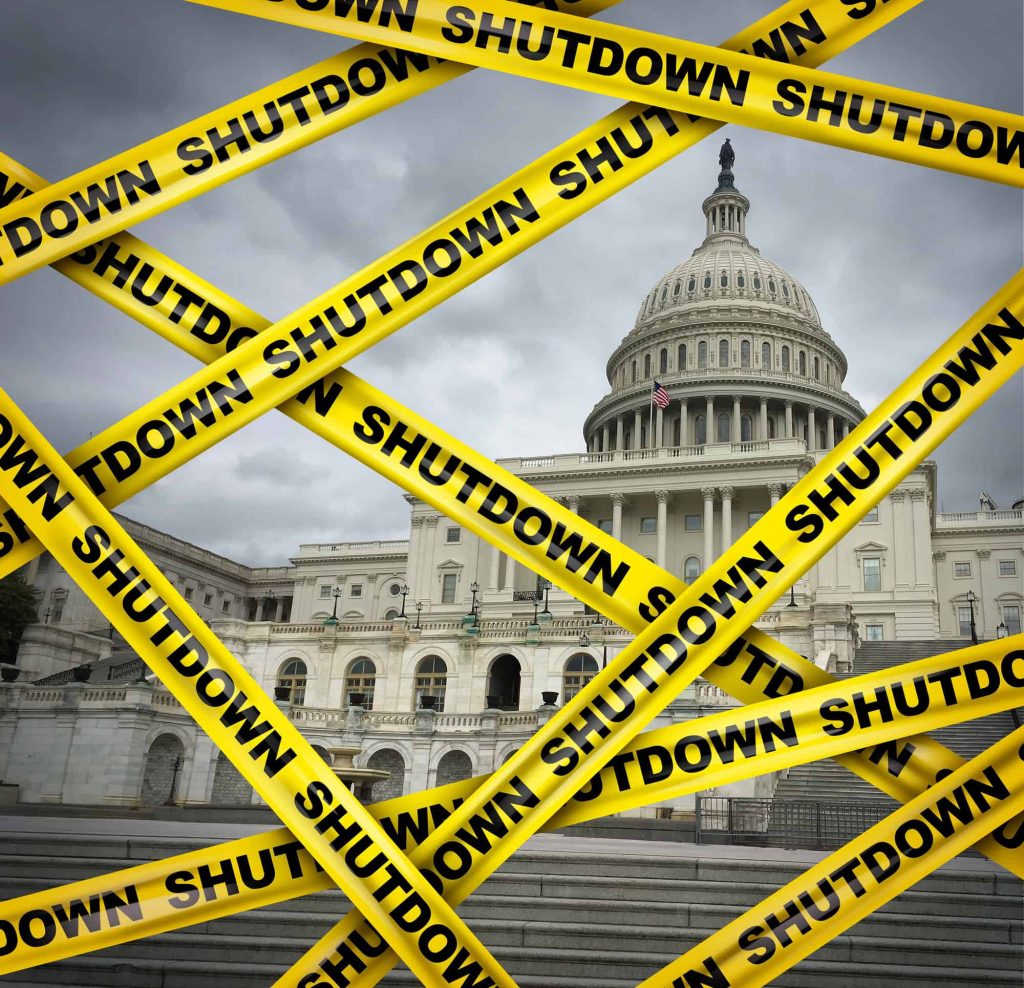
Are you facing a RIF?
Reduction in Force (RIF) Training Series
Get access to 22 topics to help federal employees navigate a RIF, including:
- Comparing the downsizing tools agencies can use
- Identifying the available pension and benefits options
- Evaluating the effects of taking various offers
- Highlighting 12 things every employee should do today
Go to the RIF Training series
Several Democratic Senators introduced last week legislation to prohibit the federal government from conducting reductions in force (RIFs) during a lapse in appropriations.
If passed, the Securing Assurance for Federal Employees (SAFE) Act (S 3141) would also reverse RIF actions taken during the recent government shutdown of 2025.
The SAFE Act is a legislative response to recent efforts by the Office of Management and Budget (OMB) to initiate RIFs during the fall 2025 shutdown. More than 4,000 federal employees reportedly received RIF notices during the last shutdown.
The bill is introduced by Mark R. Warner (D-VA), Chris Van Hollen (D-MD), Leader Chuck Schumer (D-NY), Mazie Hirono (D-HI), Tim Kaine (D-VA), and Angela Alsobrooks (D-MD).
According to a press statement from Senator Warner, current law does not permit agencies to conduct RIFs during a lapse in appropriations. “This bill reaffirms and makes explicit Congress’s intent that no administration may use a shutdown as a pretext to initiate layoffs,” Warner’s office wrote. “The SAFE Act makes clear that such actions have no legal force and ensures federal workers cannot be targeted for job cuts during a funding lapse.”
“Our civil servants take an oath to serve the American people, not a political party or a president. Weaponizing a shutdown to push out career professionals is not only wrong, it’s unlawful and dangerous for our democracy,” said Warner. “This bill makes clear that no administration can use manufactured chaos as a backdoor way to purge the federal workforce.”
The legislation is endorsed by several groups representing federal employees, including the American Federation of Labor and Congress of Industrial Organizations (AFL-CIO), American Federation of Government Employees (AFGE), American Federation of State, County & Municipal Employees (AFSCME), International Federation of Professional and Technical Engineers (IFPTE), National Education Association (NEA), National Federation of Federal Employees (NFFE), National Treasury Employees Union (NTEU), and Service Employees International Union (SEIU).
To read the full proposed bill, go here.

